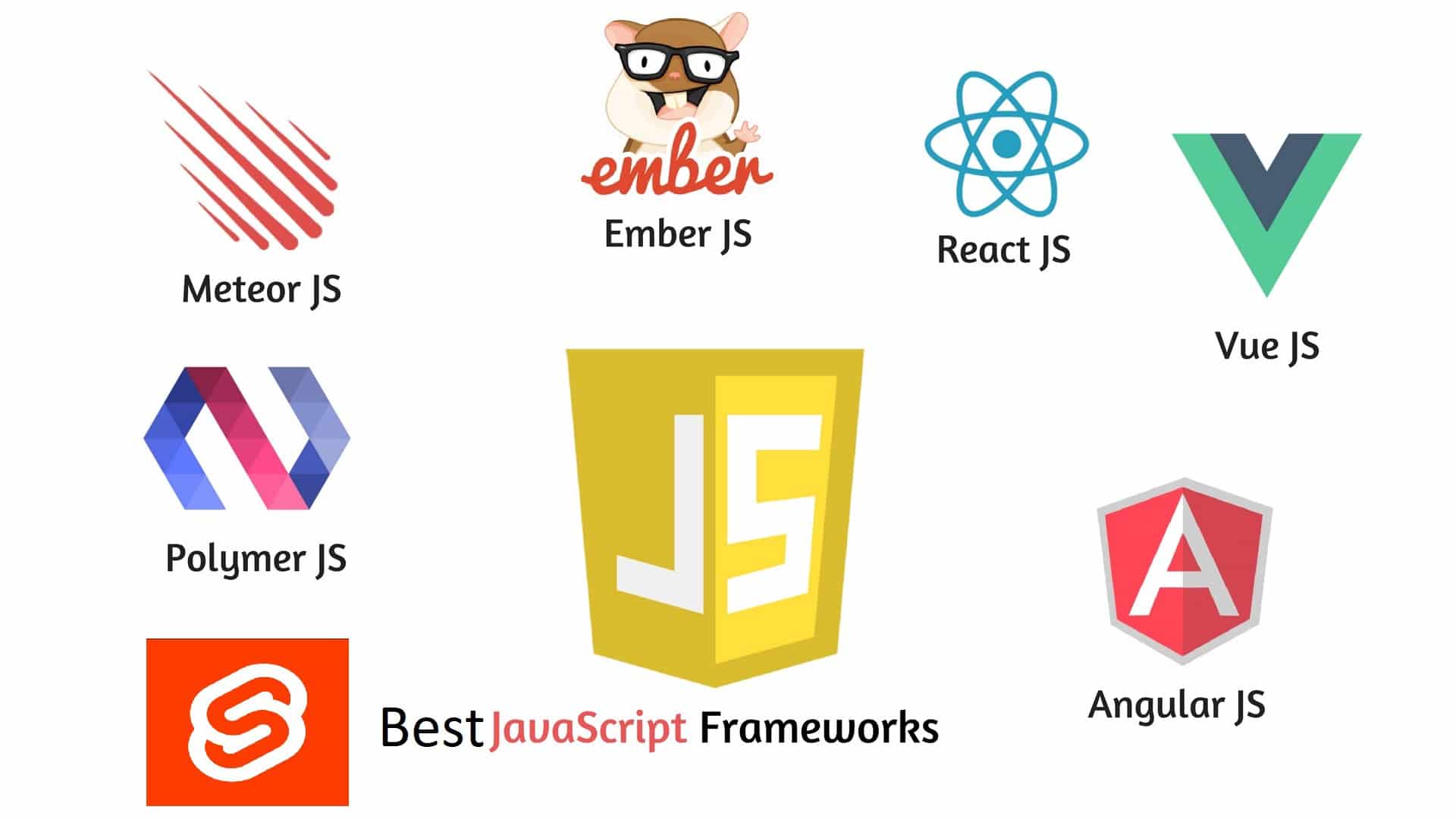0818 Work Insights
Your go-to source for the latest work trends, tips, and advice.
JavaScript Frameworks: The Debate No One Asked For
Uncover the surprising truth about popular JavaScript frameworks in a debate that has everyone talking—don't miss out on the insights!
React vs. Vue: Which Framework Reigns Supreme?
When it comes to choosing a modern JavaScript framework, React and Vue often top the list. Both frameworks have sizeable communities and are widely used in production applications. React, developed by Facebook, provides a component-based architecture that allows developers to create reusable UI components, which can enhance productivity and maintainability. On the other hand, Vue, which was created by Evan You, is celebrated for its progressive nature, making it easy to integrate with other projects and libraries. According to React's official documentation, React typically offers more flexibility, while Vue's official site emphasizes its user-friendly approach.
In terms of performance, both frameworks are optimized for speed, but they adopt different philosophies. React relies heavily on a virtual DOM, allowing it to efficiently update and render components, while Vue uses a similar concept but also enhances performance with its reactivity system. User experience plays a vital role in deciding which framework to choose. According to a survey by State of JavaScript, developers often prefer Vue for its simplicity and learning curve, while those looking for a robust ecosystem might lean towards React. Each framework has unique strengths that cater to different use cases, making the decision all the more critical in the evolving landscape of web development.

Understanding the Pros and Cons of Popular JavaScript Frameworks
JavaScript frameworks have revolutionized the way developers build web applications, offering a structured approach to coding and enhancing productivity. Among the most popular frameworks such as React, Angular, and Vue.js, each presents unique pros and cons. For instance, React, recognized for its flexibility and large community, allows developers to create dynamic user interfaces with ease. However, its steep learning curve can be daunting for beginners. In contrast, Angular offers a comprehensive solution with built-in features, but its complexity can lead to longer development times. For a deeper understanding, you can explore detailed comparisons in resources like Telerik.
On the downside, the rapid evolution of JavaScript frameworks can cause compatibility issues and frequent updates that developers must keep pace with. Moreover, choosing the wrong JavaScript framework can lead to performance bottlenecks or difficulties in maintaining the codebase. Frameworks like Vue.js are praised for their simplicity and ease of integration, yet this could lead to over-simplification in complex applications. Understanding these pros and cons is essential for making informed decisions in web development. For more insights into selecting the right framework, consider reviewing articles on freeCodeCamp.
Is Angular Still Relevant in 2023? A Deep Dive into JavaScript Frameworks
As 2023 progresses, the relevance of Angular within the landscape of JavaScript frameworks remains a hot topic among developers. Despite the emergence of various new frameworks, Angular continues to hold its ground due to its robust architecture and extensive features. It offers a strong structure for building dynamic web applications, which can be particularly beneficial for large-scale projects. Furthermore, Google’s ongoing support and regular updates ensure Angular is more than just a legacy framework, keeping it aligned with modern development practices. For developers looking for a comprehensive guide, the official Angular architecture guide provides in-depth information on best practices and foundational concepts.
The performance and scalability of Angular have also improved significantly with recent updates, making it an attractive option for enterprise-level applications. Its ecosystem offers a variety of tools, libraries, and extensions that enhance productivity and streamline development processes. Additionally, the integration capabilities with other technologies and frameworks create a versatile environment for developers. As mentioned in a recent article on Smashing Magazine, Angular’s strengths in handling complex applications and its community support directly contribute to its sustained relevance in 2023.